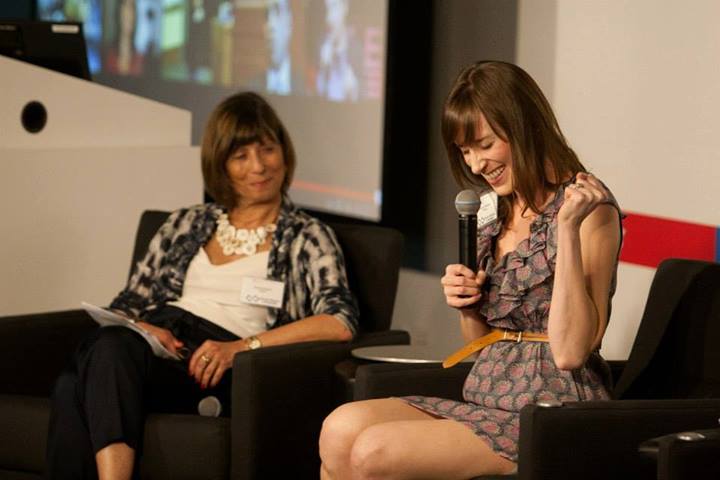The American Dream speaks the language of ambition and its tongue whispers it is not for lack of luck, but lack of effort that you are a failure. Put in the work and you’ll become a success. Luck nor social constructs or randomness or the genetic lottery create the richest men of the world – and they are men – but an exchange of value. The rules are: work hard and be rewarded in return. Except we know that’s not true.
“The U.S. has the 4th-highest degree of wealth inequality in the world, trailing only Russia, Ukraine, and Lebanon,” reports former U.S. Secretary of Labor Robert Reich. “The 400 wealthiest Americans own as much wealth as 80 million families – 62% of America. The reason is the stock market. Since 1980 the American GDP has approximately doubled. Inflation-adjusted wages have gone down. But the stock market has increased by over ten times, and the richest quintile of Americans owns 93% of it.”
This quintile, they don’t work hard – they don’t work at all – and are rewarded in return. They don’t work hard and amass influence. They don’t work hard and acclaim power. They don’t work hard, and yet millions try to emulate them. Those millions do work hard, and in systems and institutions with large trompe l’oeil ceilings of the sky. That is the American Dream. The illusion creates hope. But we no longer have hope.
“More and more I get the sense that we’ve lost it,” argues New York Times columnist Frank Bruni, “and by ‘it’ I mean the optimism that was always the lifeblood of this luminous experiment, the ambition that has been its foundation, the swagger that made us so envied and emulated and reviled.”
We hit the faux-hope ceiling and facing reality has been unseemly ever since. No one likes work. Bosses are crappy. No, really, really bad. Most bully to cover their own insecurities. Workers never feel appreciated. And none of us are really sure what we’re doing matters anyway. Whatever the job, you’re expected to show up and know the job, not learn the job, not make mistakes or take risks.
A mere 13% of workers are engaged. But unlike the days of the company man, where you could put in your time no matter how boring or rote it became, then retire after 30 years with a pension, today’s employers rid themselves of such responsibility. The loss of loyalty not only means the loss of security, but the deep and meaningful work that comes with dedication and duty.
“The world’s leaders have coolly, calmly, rationally, senselessly decided that bankers, CEOs, lobbyists, billionaires, the astrologers formerly known as economists, corporate ‘people’, robots, and hedge funds are worth more to society than… the young. The world’s leaders are letting the future crash and burn,” argues Umair Haque in the Harvard Business Review. Our youth “is getting a deal so raw that no one but a politician or a serial killer could offer it with a straight face. So let’s call it what it is. Not just unfair—but unconscionable.”
In such demanding and depressing times comes innovation, and it tells us to pour our resources and energy into entrepreneurship. Become a freelancer. Work on the side. Explore your “freedom.” And companies love it. Your corporate sovereignty means no salary, no pension, no retirement plan, no healthcare, no 8-hour work day (you willingly work more), no boundaries, no stability, no safety, and no fealty.
And with everyone out for themselves, there is something more immediate lost than the safeguards of our future; we trick ourselves into believing we’re changing the world. No matter the bills aren’t being paid or we can’t get up in the morning or retirement won’t exist when we reach 60, 70 or 80 years old.
We hold onto the idea that “money isn’t meaning,” and that’s a pretty story. It comforts us while we filter photographs or swipe credit cards for a new pair of hiking boots. But the more we encourage such misleading mindsets, the more off-kilter and out-of-balance not only our economy, but our personal lives will become. Money has always been an exchange of value, and it’s only recently that money has been an indicator of meta non-value.
What I mean is the wealthy don’t acquire money through an exchange of value, but an abstraction of money at a higher and higher level. Take a look at Appaloosa, a hedge fund that employs 250 people and Apple, a company that employs about 35,000 people and earned around $6 billion in 2009. “Appaloosa, the hedge fund, earned about as much as Apple in 2009 by speculating on… well, we don’t really know,” argues former Seventh Generation CEO Jeffrey Hollender.
Now tell me our ignorance and unwillingness to fight doesn’t have something to do with the tradeoff between money and meaning. Money isn’t evil. Only the systems we’ve designed and encouraged to make it so. We keep following the rules no one else plays by, but expect the same result. When it doesn’t happen, we create worth and are happy if someone “likes” it on Instagram.
But your value is worth more than that. It’s worth more than massive debt, overwhelming anxiety, being underchallenged, underemployed or unemployed. It’s worth more than what’s in your bank account and it’s certainly worth more than what you’re getting paid (despite any lies the Microsoft CEO will tell you).
Want to fix the economy? What — too big? How about your life? Want a fair shot at the American Dream? Or just a better boss? Or maybe a chance to just give your kids something, if you can’t give them everything? Want to fix the wanting, the feeling, the gnawing? We have to align worth and wealth.




